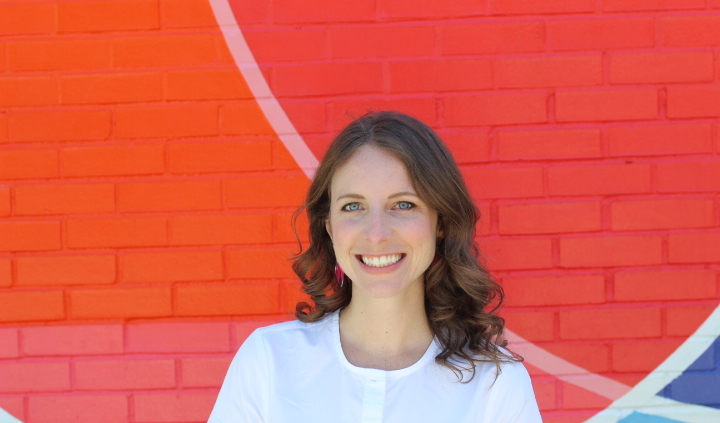Hi all, I am thrilled to join the SchermCo team as Director of Programs. I come to SchermCo with a background in tech, innovation, and education, and I’m eager to work with the team and partners to build solutions that add real value to educational organizations.
Two starkly different events in my schooling inspired an interest in education at a young age. In Mr. Curt’s fifth grade class I “discovered” the formula for the volume of a cone. No, I’m no prodigy, I just had the space to progress at my own pace, and a teacher that handed me a wooden cone and left me to ponder until the lightning bolt struck. This moment is emblazoned in my mind because it sits in contrast to a classroom event years later. Fast forward to eighth-grade geometry class, and the teacher scratched a formula on the board. My formula! I looked around, thinking back to Mr. Curt’s class and the wooden cone, and thought about how my fellow classmates were just robbed of a pivotal learning moment. They would never get the joy and satisfaction of making their discovery. Watching that formula go up on the board, I had an “ah-ha” moment—not all learning environments and experiences are created equally. It was in that moment that I became fascinated by this idea, and wondered about what creates optimal learning environments.
This curiosity and foundation of questioning led me to UNC-Chapel Hill to study Journalism and Psychology and then to Madrid, Spain to work as an assistant English teacher. After returning to the States, I followed a unique path to build a media-tech startup to help people navigate their cities and find community. I reveled in the experience to build something brand new, to experiment, to learn on the fly (and fail often), and to navigate the startup world. While I appreciated many assets of the startup community, especially the learn-by-doing attitude, I felt a pull back to the world of education to disrupt systemic problems, revisit questions that had plagued me for years, and create innovative, research-backed solutions to problems I observed. I ventured back to UNC-Chapel Hill to earn a Master of Arts in Educational Innovation, Technology, and Entrepreneurship. I developed work primarily focusing on girls’ career-fit confidence in STEM and entrepreneurship, including prototyping apps to increase high school girls’ awareness of careers in STEM and creating summer camp programs for middle school girls in both STEAM and entrepreneurship.
I am honored to join the talented team at SchermCo as the Director of Programs and continue to discover, experiment, and co-create solutions that push the education system forward. When I’m not in the office, you’ll find me supporting new local businesses in my community, often with my dog, Roo in tow, or planning my next weekend excursion (send hiking, camping recs this way).

